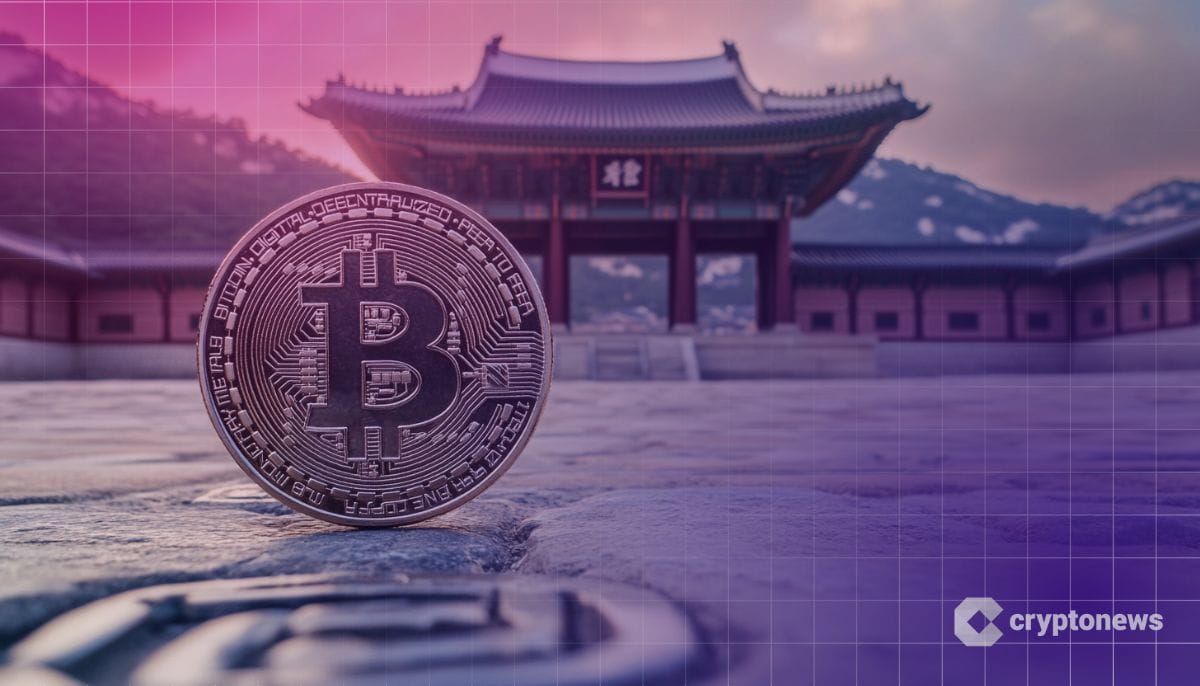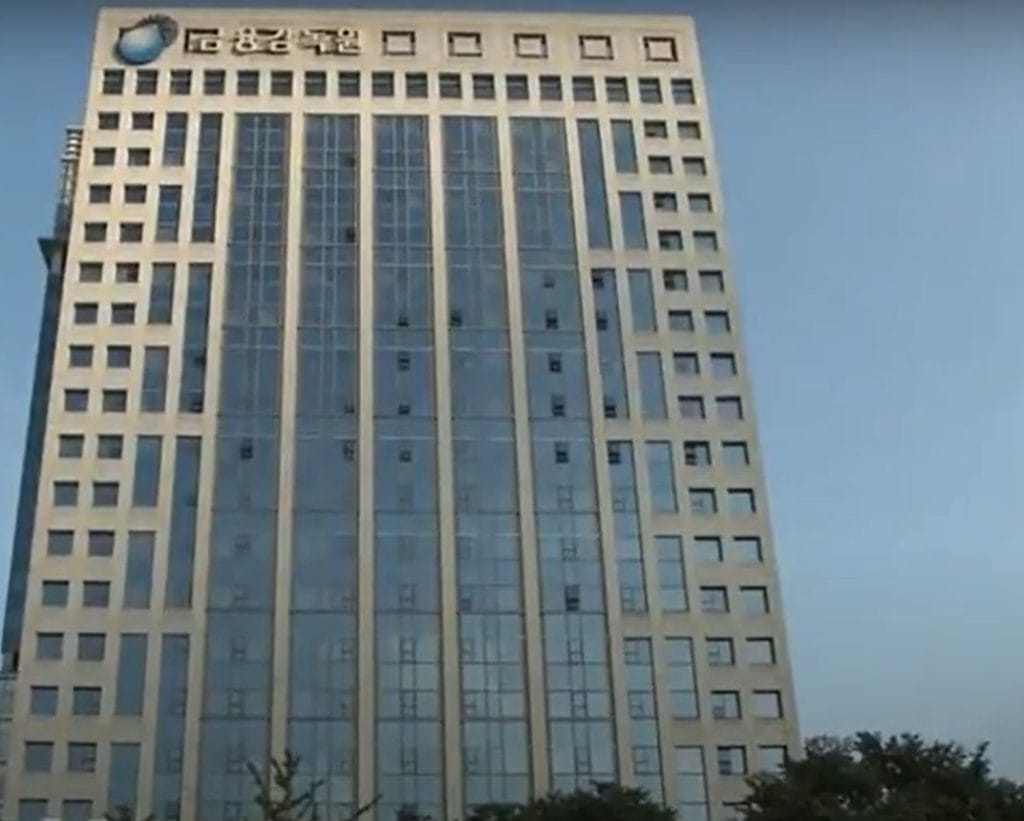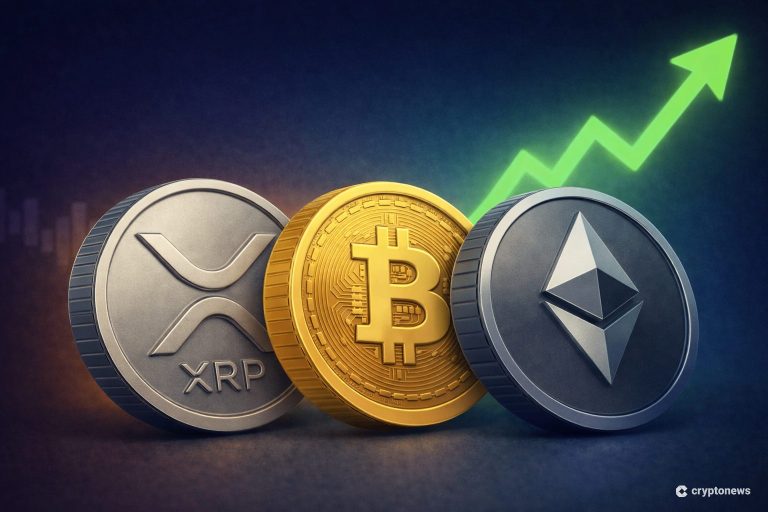Last updated:
 Why Trust Cryptonews
Why Trust Cryptonews
Ad Disclosure
We believe in full transparency with our readers. Some of our content includes affiliate links, and we may earn a commission through these partnerships. Read more

South Korean regulators say they will “review a plan” to “gradually allow corporations” to buy, sell, and hold cryptoassets like Bitcoin (BTC).
Per Busan Ilbo and Asia Kyungjae, the Financial Services Commission (FSC) said it would release more details after holding “discussions” with the Virtual Asset Committee.
The Virtual Asset Committee is a crypto regulatory and policy-making body that answers to the FSC and launched in late 2024. It is next slated to meet on January 15.
South Korean Regulators: A Softening Stance on Bitcoin ETFs?
The FSC is the only body in the nation with the power to grant companies the right to buy coins with their balance sheets.
In theory, there are no legal barriers preventing firms from buying BTC and other coins. But the regulator has told banks to reject corporate requests to create crypto exchange-linked accounts.
Last year, multiple South Korean media outlets claimed the FSC had prepared a “roadmap” that would first allow universities and public bodies to sell crypto donations.
This roadmap, the outlets claimed, would eventually culminate in the FSC green-lighting BTC buying for “general” and financial industry firms like banks.

The FSC later responded by denying these reports, claiming that “nothing” had yet “been decided.” However, it now appears that the media reports were not as “groundless” as the FSC claimed.
The regulator also said it wants to “protect” crypto “users,” and will help “improve” self-regulation in the sector.
The FSC says it wants to “establish listing and delisting standards” for altcoins on domestic crypto exchanges.
The body was speaking as crypto traders expressed growing fears of massive culls of meme coins and “kimchi coins” on domestic crypto exchange platforms.
The FSC also said it wants to introduce new regulations to police the stablecoin sector.
“There is a need to discuss how to create listing standards, what to do with stablecoins, and how to create rules of conduct for cryptoasset exchanges. We will work to align them with global regulations.”
FSC spokesperson
Financial Services Commission Director Kwon Dae-young
The regulator also wants to develop protocols to help it “investigate unfair crypto sector practices” “through the introduction of cutting-edge forensic equipment.”
The FSC appears to believe it must keep pace with the “institutionalization of virtual assets in global financial markets, led by the US and Europe,” Asia Kyungjae wrote.
However, the media outlets noted that the FSC was largely “negative” on the matter of issuing Bitcoin spot ETF approvals.
The Korea Exchange Chairman Jeong Eun-bo recently expressed a willingness to explore crypto ETF approval.
In his New Year address, the Korea Financial Investment Association Chairman Seo Yu-seok spoke of turning the “digital asset market, including crypto ETFs,” into a “future growth engine.”
“I will push for the legalization of token securities and cryptoasset ETFs to ensure that the digital asset market can become a driving force for the future growth of our capital market.”
Korea Financial Investment Association Chairman Seo Yu-seok
But FSC Director Kwon Dae-young said crypto ETF approval would be “a step too far.” He said that the government was “fully aware that changes are taking place globally.”
More Discussions Planned
Seoul is currently “discussing the matter” with the Virtual Asset Committee, Kwon said. However, critics insisted that South Korean regulators and the government must streamline their crypto policy and address several unresolved issues.
Hwang Seok-jin, a professor at Dongguk University’s Graduate School of International Information Security, told Asia Kyungjae:
“The issue of [crypto tax] […] has been postponed for two years. But we need to think about it in the future. In the case of companies [who want to hold crypto], there will still be accounting issues to deal with, such as how to view increases and decreases in the value of the cryptoassets companies hold. We need to have an open discussion on all these matters, one without any restrictions.”




















